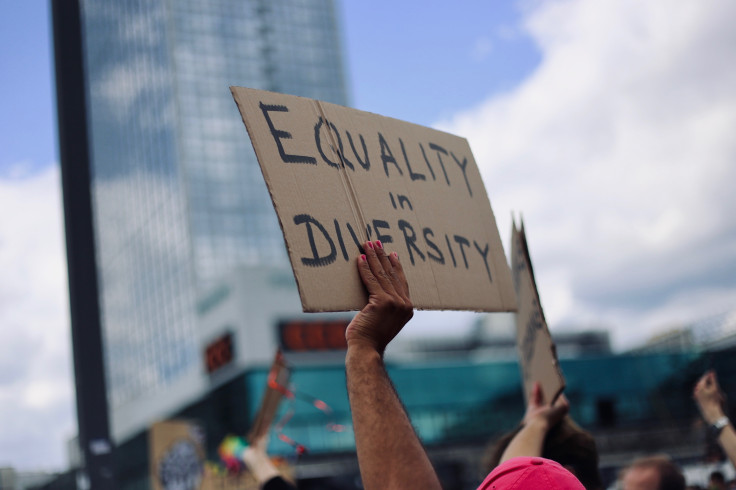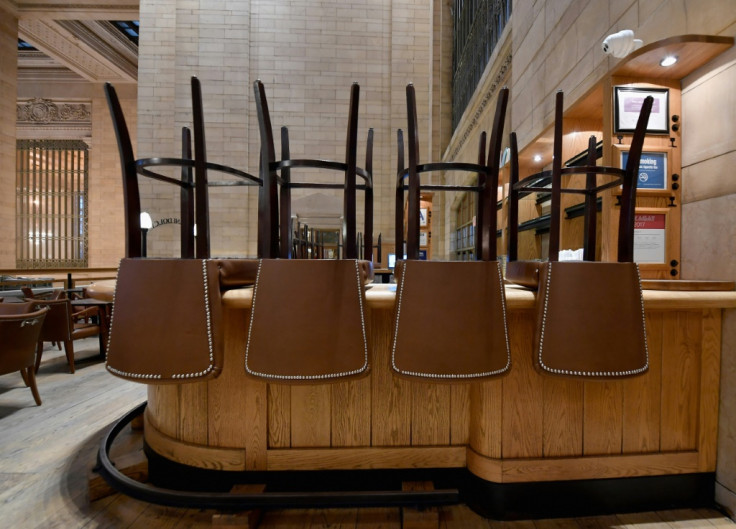
Federal subsidies and funding for millions of small businesses in the U.S. are in jeopardy due to lawsuits filed by activists who seek to contest their constitutionality in a move that Hispanic business leaders define as "attacks to the free enterprise system."
Following a Supreme Court decision to end affirmative action in college admissions --ruled in June this year, several organizations have filed lawsuits against federally funded small business grant programs that are a lifeline for many entrepreneurs.
Organizations such California-based Pacific Legal Foundation or Virginia's American Alliance for Equal Rights, claim that programs funding small companies' efforts to foster diversity discriminate against certain groups and prioritize persons of color.
Using an argument similar to the one that led to the end of affirmative action in universities, legal activists want to eliminate subsidies and benefits that encourage the creation and maintenance of small businesses in the country. This has a direct impact on the 5 million Latino entrepreneurs nationwide.
The actions against both government and private programs designed to help minority-owned businesses pose a threat and are "attacks on the free enterprise system," Ramiro A. Cavazos, CEO of the U.S. Hispanic Chamber of Commerce, told The Latin Times.
These lawsuits seek to roll back diversity programs and target the government and large corporations like Comcast, Progressive and Starbucks, but also small and medium companies such as legal firms Perkins Coie and Morrinson & Forrester.
In their core, the lawsuits target programs that provide financial support, business opportunities, and technical assistance to small businesses owned by black, Latino, or otherwise disadvantaged entrepreneurs. The authors contend that programs that limit the participation of certain racial minorities or other groups are discriminatory.
These include programs such as low-interest loans or others like CARES Act's Paycheck Protection Program (PPP).

While plaintiffs claim this type of support is unfair to other business owners, the reality is that Latinos' share of the pie is proportionally tiny. Only 56,000 Latino-owned businesses received $3.7 billion, less than 1% of the total economic relief, says the USHCC.
The lawsuits are in their early stages, but the threat they pose is already having taking a toll. Cook County, in Illinois, for instance, shut down a grant program for small businesses due to a lawsuit.
Cavazos said the lawsuits are "frivolous and aimed at respected institutions and organizations that provide support and assistance to economically disadvantaged citizens".
"These legal attacks are without merit and are failed attempts to punish America's growing and diverse minority population who are economically empowered and taking their rightful place in our society for the benefit of all," he said.
In another case, Freedom Truck Dispatch, a small trucking company, filed a lawsuit in U.S. District Court in Cleveland alleging that the grant program violates a provision of the Civil Rights Act of 1866, known as Section 1981, designed to prevent racial discrimination in hiring.
In turn, the Small Business Administration (SBA) was unable to fund nearly 3,000 Restaurant Assistance Fund grants after a federal judge ruled that the agency's method of distributing the money was unconstitutional. Congress had directed the SBA to give priority to restaurants owned by minorities, women, and other disadvantaged groups. The judge said the grants must be distributed on a first-come, first-served basis.
Recently, a court required the SBA to review the certification process for a long-standing federal contracting program known as 8(a) in response to a separate lawsuit alleging that the way the program operates is discriminatory. New applicants and the nearly 4,000 small businesses already participating must submit applications explaining why they are at a disadvantage in receiving training and speedy access to government contracts.
If this legal trend succeeds, not only would Latino-owned businesses be seriously harmed, but also institutions created to foster the entrepreneurial spirit of the Hispanic community, which, is "the most diverse and fastest-growing group driving our nation's future consumer purchases, dynamic workforce and expanding small businesses," according to Cavazos,
State chambers of commerce will also be affected.
"We receive assistance from these programs and have helped 120 Latino small businesses in the Washington, Maryland, and Virginia metropolitan area to start and grow," Veronica Cordova, programs, and grants manager for the Great Washington Hispanic Chamber of Commerce, told The Latin Times. "We have provided (small businesses) with all kinds of legal, financial and technical advice to help them compete in the tough world of marketing and entrepreneurship."
"Many of these small businesses that provide jobs and benefit the nation's economy would not exist without these grants and programs designed specifically for them," said Cordova.
"Aggrieved entities and businesses are organizing to challenge these actions that seriously undermine business development in our community," she said.
"The USHCC strongly believes that our Hispanic small businesses should not be denied the opportunity to achieve the American Dream," said Cavazos.
© 2025 Latin Times. All rights reserved. Do not reproduce without permission.






